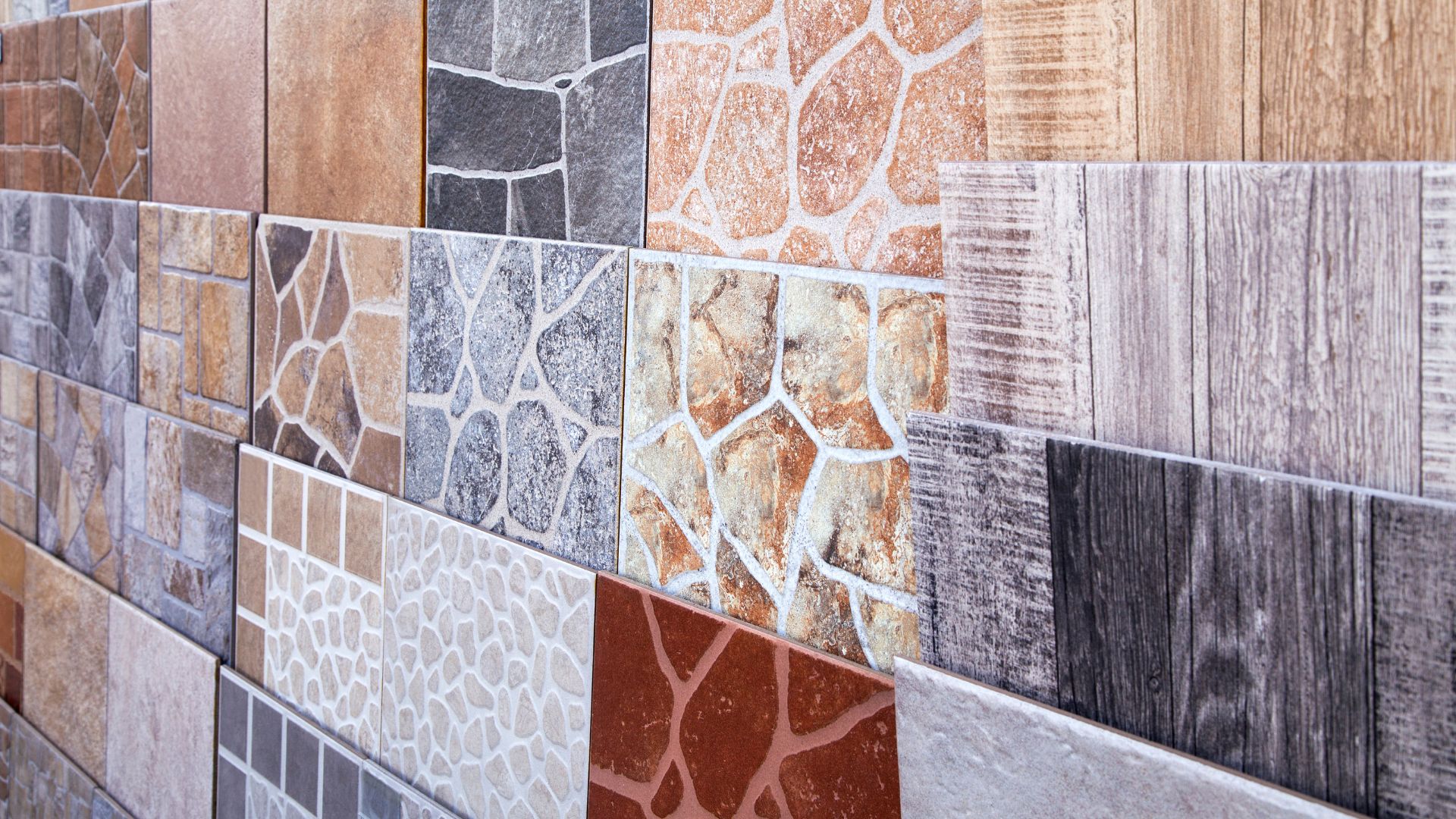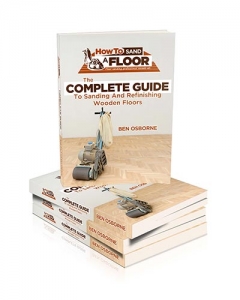When undertaking a home improvement project, one of the critical decisions you’ll face is the type of flooring to install. In the world of affordable and durable flooring, two options often stand out: vinyl and tile. This comprehensive guide dives into the details of vinyl and tile flooring, comparing them on various aspects such as cost, durability, installation, aesthetics, and environmental impact.
Introduction to Vinyl and Tile Flooring
Vinyl flooring, a popular choice for many homeowners, is known for its affordability and resilience. It comes in several forms, including Luxury Vinyl Plank (LVP), Luxury Vinyl Tile (LVT), and sheet vinyl. Each offers a different aesthetic appeal and functionality.
On the other hand, tile flooring is a timeless choice that offers durability and a high-end appearance. Tiles can be ceramic, porcelain, or natural stone, each offering unique aesthetic and functional qualities.
Cost Comparison: Vinyl vs. Tile Flooring
When it comes to cost, vinyl flooring often emerges as the more cost-efficient option. The material itself is cheaper, and installation costs are usually lower as vinyl can often be a DIY project. However, costs can vary depending on the type of vinyl chosen.
Tile flooring is generally more expensive both in terms of material and installation. Professional installation is recommended due to the complexity of the process, adding to the overall cost. However, the tile’s longevity might offset the initial investment over time.
Durability and Maintenance: Which Lasts Longer?
Durability is a key factor in flooring decisions. Vinyl flooring is water-resistant, making it a good choice for areas prone to moisture like bathrooms or kitchens. However, it can be susceptible to tears and scratches.
Tile flooring is incredibly durable and can last for decades with proper care. It’s resistant to water, stains, and scratches, but the grout might need periodic sealing to prevent stains and mildew.
Installation Process: DIY or Professional Help?
Vinyl flooring is generally easier to install, with options like peel-and-stick or interlocking vinyl that are accessible to the DIY installer.
Tile flooring, however, requires a more skillful installation process involving laying out the design, applying mortar, placing tiles, and applying grout. It’s often best left to professionals to ensure a flawless finish.
Aesthetic Appeal: Vinyl or Tile?
With advancements in technology, both vinyl and tile flooring offer a wide range of design options. Vinyl can mimic the look of natural materials like wood or stone, while tile offers endless possibilities in terms of color, pattern, and texture. Your choice would depend on the overall design scheme of your home.
Environmental Impact: How Green is Your Floor?
Vinyl flooring, being a synthetic material, isn’t biodegradable and can release volatile organic compounds (VOCs), especially when new.
Tile flooring has a smaller environmental footprint, especially ceramic and porcelain, as they are made from natural materials. However, the production process can be energy-intensive.
FAQs
To help you further in your decision-making, here are some frequently asked questions about vinyl and tile flooring:
Is vinyl flooring good for high-traffic areas?
Yes, vinyl flooring is durable and can withstand high-traffic areas. However, it may be prone to scratches and tears, so it’s essential to take care.
What is the lifespan of tile flooring?
With proper maintenance, tile flooring can last for several decades. Its durability is one of the key reasons many homeowners invest in tile floors despite their higher upfront costs.
Conclusion: Vinyl or Tile – Which is Right for You?
When choosing between vinyl and tile flooring, consider your budget, the room’s usage, your home’s overall aesthetic, and your willingness to maintain the flooring. It’s also vital to consider the flooring’s environmental impact and its potential effects on your household’s health.
Remember, whether you choose vinyl or tile, a properly installed and well-maintained floor can enhance the beauty of your home for years to come.
This comprehensive guide provides you with the necessary information to make an informed decision between vinyl and tile flooring. Your choice will ultimately depend on your specific needs, preferences, and budget. Happy flooring!





